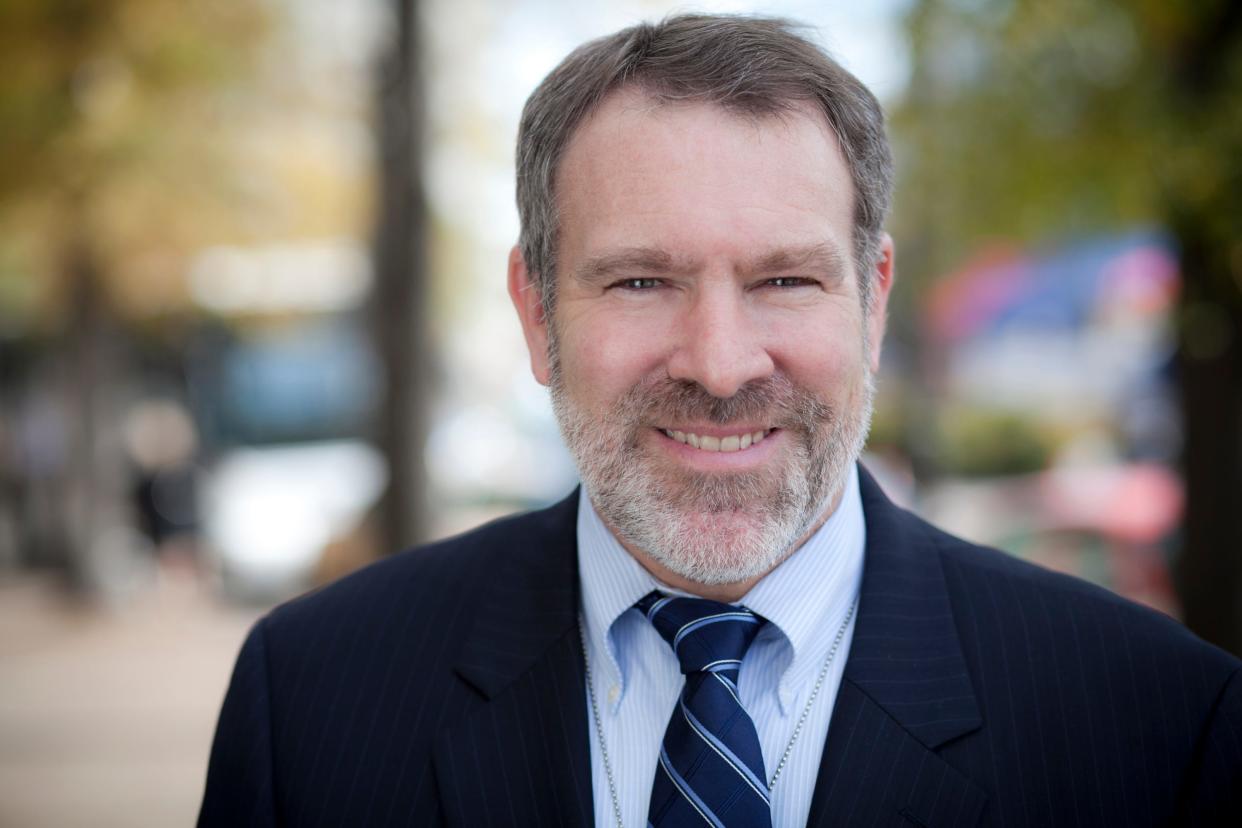Better Politics, Smarter Government: It’s time to plant trees again in Illinois

On a spectacular Saturday in early May, my wife and I drove up much of the length of Illinois to attend a dinner to discuss the future of the state. It was hosted by two elder statesmen of the Prairie State: Ray LaHood, the former congressman and U.S. secretary of transportation, and Jim Nowlan, a former state representative, cabinet director and author of several important books about Illinois.
More: Sleepwalking through our own decline
The drive from Carbondale to Princeton was long, but Illinois was at its very best, with ample sunshine, growing crops, busy farms, and bustling communities hosting spring festivals galore.
The discussion that evening in Princeton included former members of the Illinois General Assembly, a retired judge, an aspiring judge, teachers, professors and political analysts. We considered how Illinois has changed over recent decades, political polarization and the coming fall elections. There was a spirited discussion about whether recent credit upgrades by bond rating agencies are the result of prudent fiscal policies in Illinois or an infusion of federal COVID-related funds. We pondered why Illinois has become a one-party state and discussed the benefits of competitive elections in which candidates actually meet citizens face-to-face and explain their policies.
More: Task force could produce lifeline for local journalism in Illinois
It was invigorating to discuss the future of our state — even on a Saturday night! — with people of differing perspectives but a shared aspiration to make Illinois better.
A few months earlier, I attended a wide-ranging discussion about Illinois with two dozen people on Zoom that was organized by two forward-leaning and impressive organizations, Illinois Humanities and Elevate Illinois. The Visioning Illinois conversation considered how the state is changing, regional differences and areas where we can find common ground. We listened to the perspectives of a student, a journalist, a financial expert and an environmental activist. We then broke into smaller groups to delve into the presentations we had just heard.
More: Better Politics, Smarter Government: Honoring exceptional Illinois leadership
As a participant in both of these discussions, I came away with a clear sense that committed people are trying to renew and revitalize Illinois.
There is broad agreement on Illinois’ strengths: The state has a world-class city, diversified economy, extensive transportation system, well-educated workforce, productive agricultural sector, committed philanthropists, strong universities and vibrant cultural life.
More: Better politics, smarter government; return congressional town halls
The state’s challenges are evident: regional antagonisms, a history of political corruption that does not seem poised to end, lackluster population growth and serious long-term budget imbalances.
There is also broad agreement on what is needed to rebuild Illinois: ambitious plans, competent and visionary leaders, strong institutions and an engaged public.
Illinois does not need grand pronouncements or slick advertising campaigns. It needs to get to work and tackle longstanding problems with real solutions, not just Band-Aids and partial fixes. We need specific plans for our budget, schools, public health, public safety and struggling urban and rural communities. Sound plans must be coupled with effective implementation. Former Secretary of Defense Robert Gates has said that implementation is “where all too often good intentions go to die.”
More: Better politics, smarter government: challenging Illinois to prepare for the future
Illinois is at a crossroads. There is a temptation to lament wasted time and squandered opportunities. There are plenty of reasons to be disappointed and we should reflect on previous mistakes so we avoid them in the future. However, there is little to be gained by lamenting history. We must move forward.
I recently came across a Chinese proverb that contains considerable wisdom for individuals and institutions — and our state.
“The best time to plant a tree was 20 years ago,” it says. “The second-best time is now.”
It’s now time to start planting trees in Illinois.
John T. Shaw is the director of the Paul Simon Public Policy Institute at Southern Illinois Carbondale. Shaw’s monthly column explores how Illinois can work toward better politics and smarter government.
This article originally appeared on Canton Daily Ledger: Columnist Shaw says it's time to plant trees in Illinois again

